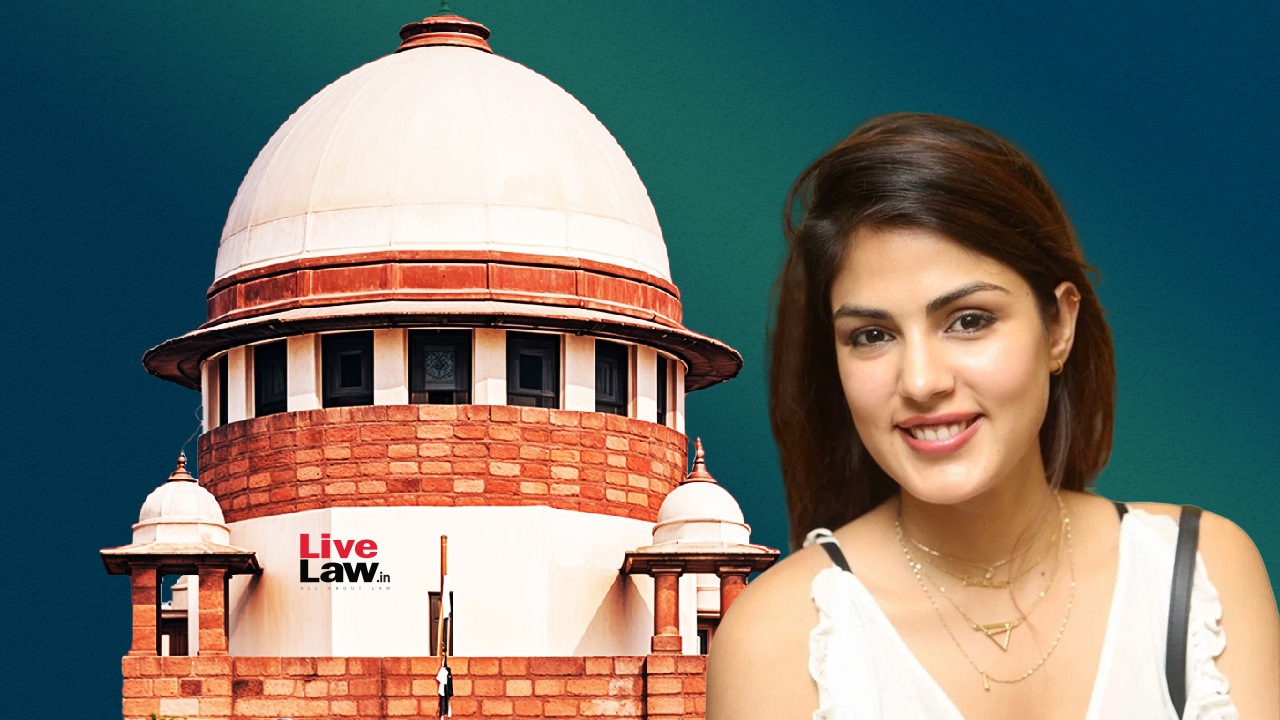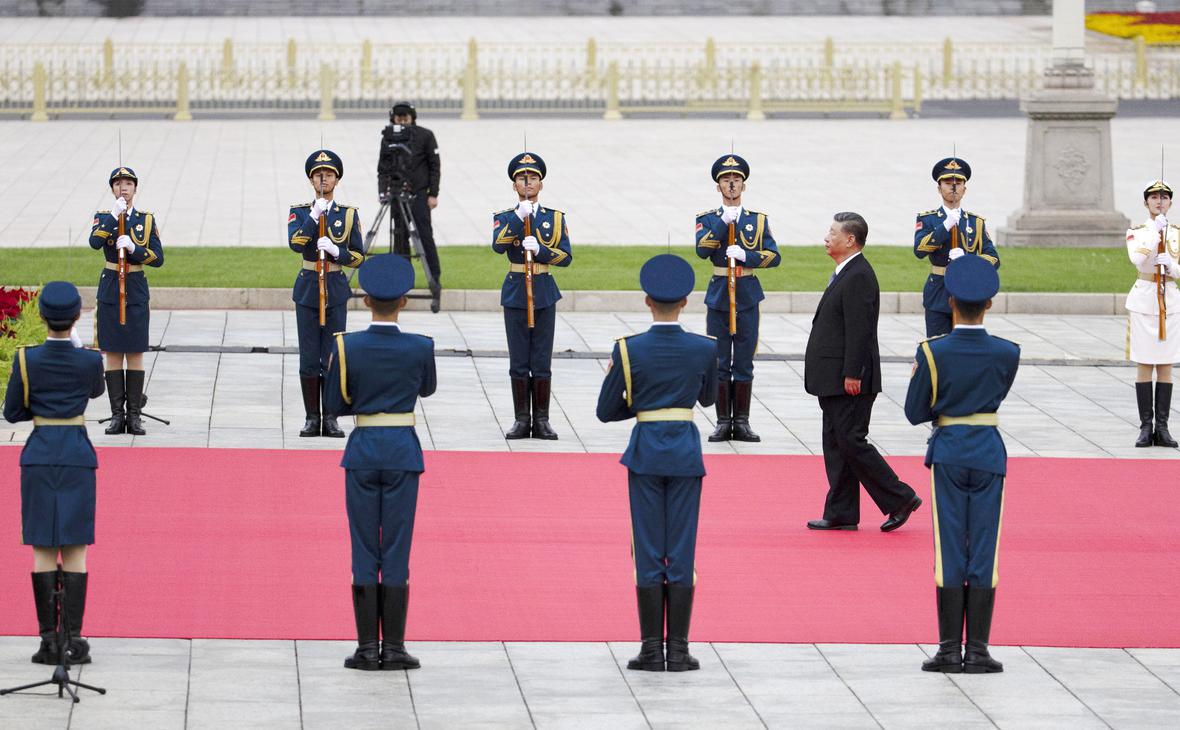Supreme Court Dismisses CBI Petition Challenging Quashing of LOCs Against Rhea Chakraborty
In a landmark decision today, the Supreme Court of India dismissed a petition challenging the quashing of Look-out-Circulars (LOCs) issued against actress Rhea Chakraborty and her family. This ruling comes in the wake of the high-profile Sushant Singh Rajput death case, underscoring key issues about the authority of law enforcement and individual rights in the Indian legal system.
Background
The LOCs against Chakraborty, her brother Showik, father Lt. Colonel Indrajit Chakraborty, and mother Sandhya were issued in August 2020 after Rajput’s family filed a First Information Report (FIR) seeking a deeper investigation into his death. The case generated considerable media attention, leading to increasing scrutiny of those connected to Rajput, including Chakraborty.
Originally filed by the Central Bureau of Investigation (CBI), the State of Maharashtra, and the Bureau of Immigration, the petition sought to overturn the Bombay High Court‘s earlier ruling, which had quashed the LOCs due to lack of justification in their issuance.
Supreme Court’s Observations
Justices BR Gavai and KV Viswanathan stated that the CBI’s petition was “frivolous” and was motivated primarily by the high-profile nature of the accused. "You are filing such a frivolous petition, only because one of the accused is a high-profile person… It will be dismissed with exemplary cost," Justice Gavai declared. The bench emphasized that both Rhea and Showik Chakraborty "have deep roots in society," suggesting their connections were being unfairly used to justify the legal encumbrance they faced.
Justice Gavai’s comments extend beyond a mere dismissal of the petition; they assert a caution against the misuse of legal instruments in high-profile cases where public sentiment can distort the impartiality expected in legal processes.
CBI’s Concession and Court’s Action
In a surprising turn, when the CBI counsel appeared in court, he conceded to the remarks and indicated instructions to accept whatever the Court decided. Justice Viswanathan expressed disbelief that such LOCs could be issued without adequate justification. The Court ultimately dismissed the petition and rejected the CBI’s request for a stay on the decision. “The LOC cannot be kept pending indefinitely,” the Bombay High Court previously noted, emphasizing the right to travel as a fundamental right, which should not be curtailed without due process.
Legal Implications and Future Outlook
Today’s ruling has significant implications for the CBI and its operational protocols. It raises pertinent questions about the process of issuing LOCs, particularly in cases involving individuals with considerable public profiles. The Bombay High Court’s earlier ruling, which criticized the CBI for its lack of justification in issuing LOCs, reinforces the necessity for transparency and adherence to legal standards in law enforcement.
While the Supreme Court did not rule out the possibility of fresh LOCs being issued in the future if warranted, it set an important precedent regarding the necessity of providing valid reasons for any legal restrictions placed on citizens, regardless of their public status.
Voices from the Legal Community
The dismissal has drawn varied reactions, with legal experts emphasizing the importance of upholding individual rights in the face of law enforcement practices. "The court’s decision reflects a commitment to ensure that the legal system does not partake in arbitrary actions against individuals based solely on their notoriety," said an unnamed legal analyst.
Engage with Us
As the legal landscape continues to evolve, it remains critical for citizens to stay informed about their rights and the operations of law enforcement agencies. What are your thoughts on the Supreme Court’s decision? Do you believe this will impact future high-profile cases? Leave your comments below and join the discussion.
For more insights on legal matters and their implications on civil rights, check out our other articles on Shorty-News. For authoritative updates, also visit sources like TechCrunch, The Verge, or Wired for wider industry perspectives.


